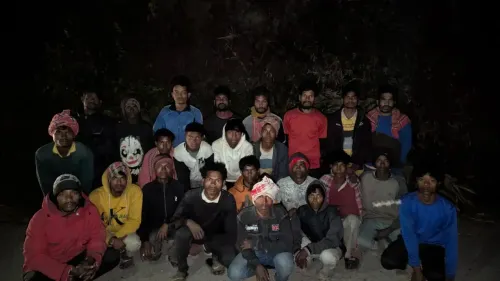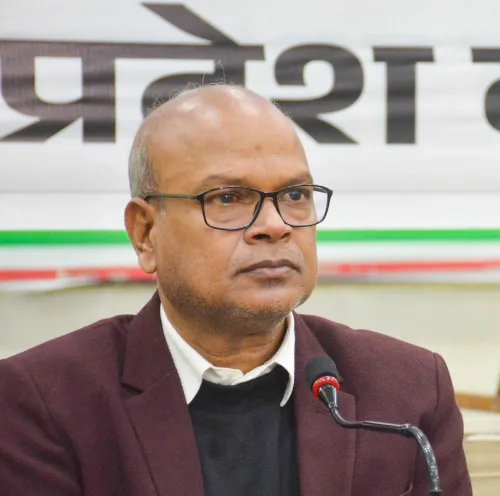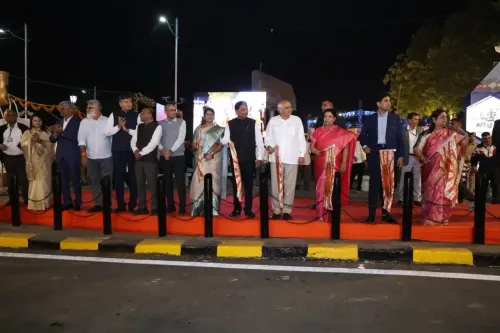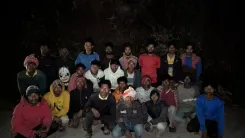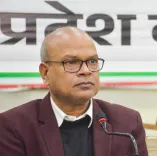Why Did Bhopal and Jabalpur Ban E-Rickshaws on Key Routes for School Children?
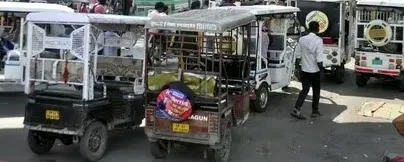
Synopsis
Key Takeaways
- Bhopal and Jabalpur have banned e-rickshaws on key routes.
- The ban aims to improve safety for schoolchildren.
- Over 14,000 registered e-rickshaws in Bhopal are affected.
- Authorities are focusing on awareness before penalties.
- Concerns about last-mile connectivity are being addressed.
Bhopal, July 23 (NationPress) In a decisive effort to bolster road safety and alleviate traffic congestion, the administration of Madhya Pradesh has enforced a ban on e-rickshaws along several critical routes in the state capital and other districts.
This decision, effective this week, follows recommendations from the District Road Safety Committee and has ignited discussions among commuters and transportation providers.
The ban's most immediate effects are evident in Bhopal and Jabalpur, where e-rickshaws can no longer transport schoolchildren.
District Collector Kaushalendra Vikram Singh highlighted safety issues, pointing out that numerous e-rickshaws are operated by unlicensed or underage drivers and often lack appropriate registration.
“E-rickshaws are unsafe for carrying schoolchildren. Their safety is our utmost priority,” Singh remarked, cautioning that educational institutions breaching this directive will face stringent repercussions.
In a similar vein, the Jabalpur collector has issued a directive banning e-rickshaws from transporting schoolchildren in the district, aligning with guidelines set forth by the High Court of Madhya Pradesh.
The prohibition also covers 12 major VVIP and high-traffic corridors in Bhopal, including routes from Raj Bhavan to Polytechnic Crossing, Hamidia Road, Link Road 1, and the GG Flyover.
These pathways were recognized as congestion hotspots where e-rickshaws frequently disrupt traffic flow and present risks due to their lightweight and unstable construction.
Authorities have initiated an awareness campaign to inform drivers, schools, and parents about the new regulations.
During the first week, enforcement will concentrate on guidance instead of penalties, allowing time for alternative transportation arrangements.
However, offenders could face fines and vehicle impoundment once the grace period concludes.
This crackdown is part of a wider initiative aimed at regulating informal transport modes and enhancing urban mobility.
With over 14,000 registered e-rickshaws in Bhopal alone—many of which operate outside legal boundaries—the administration seeks to impose order on a sector that has expanded rapidly yet remains poorly regulated.
While some residents regard this action as a step toward safer roads, others express concerns about its effects on last-mile connectivity and the livelihoods of e-rickshaw drivers.
Officials state that operational guidelines are being formulated to ensure equitable regulation and to explore safer alternatives for school transportation. As the ban is implemented, the city prepares for a transition that could redefine its urban transport landscape.


